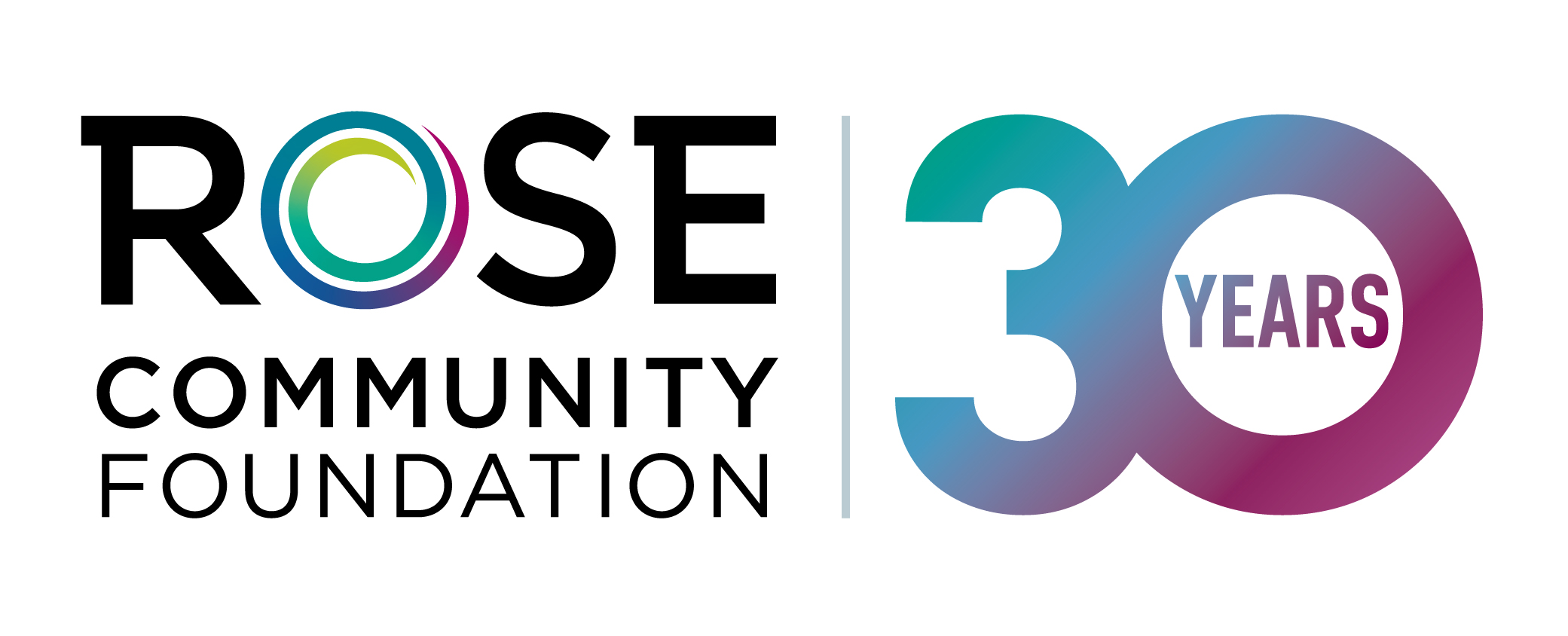Policy & Advocacy
We invest in nonprofit organizations driven to make a significant difference.
As a community foundation, we are able to weigh in on systems and policies that impact our region, whether as a thought leader, convener, advocate or funder. Informed by our values and organizational history, Rose Community Foundation supports and leverages policy and advocacy work in pursuit of our mission and strategic objectives.
Position Taking
The Foundation takes positions on legislation, ballot measures and other policy efforts that either advance or inhibit an equitable and thriving Greater Denver region. We aim to learn from and align strategy and action with our policy and advocacy grantee partners and other community-informed organizations and individuals, who not only keep us apprised of emerging challenges and needs in our region but help develop solutions and build coalitions that improve policy outcomes for those furthest from opportunity.
Grantmaking
Along with continued programmatic community and Jewish Life grantmaking, the Foundation dedicates funding to organizations leveraging policy and advocacy efforts to advance inclusive, engaged and equitable Greater Denver communities. Policy and advocacy grant recipients include grassroots and grasstops organizations whose efforts range from advancing legislation at the state and local level, to overseeing effective and equitable implementation of recently passed laws or ballot initiatives, to building advocacy and civic engagement.
Policy and Advocacy Committee
The Foundation’s policy and advocacy committee members help develop strategic priorities and funding goals related to mission-aligned public policy development and related advocacy. The committee also recommends policy actions to the board, considers grants within its authority, and advances opportunity for partnership, learning and community engagement.
Policy and Advocacy Fund
Join Rose Community Foundation in Greater Denver nonprofits leveraging policy and advocacy efforts to help communities furthest from opportunity create conditions for equity, justice, inclusion and engagement.
